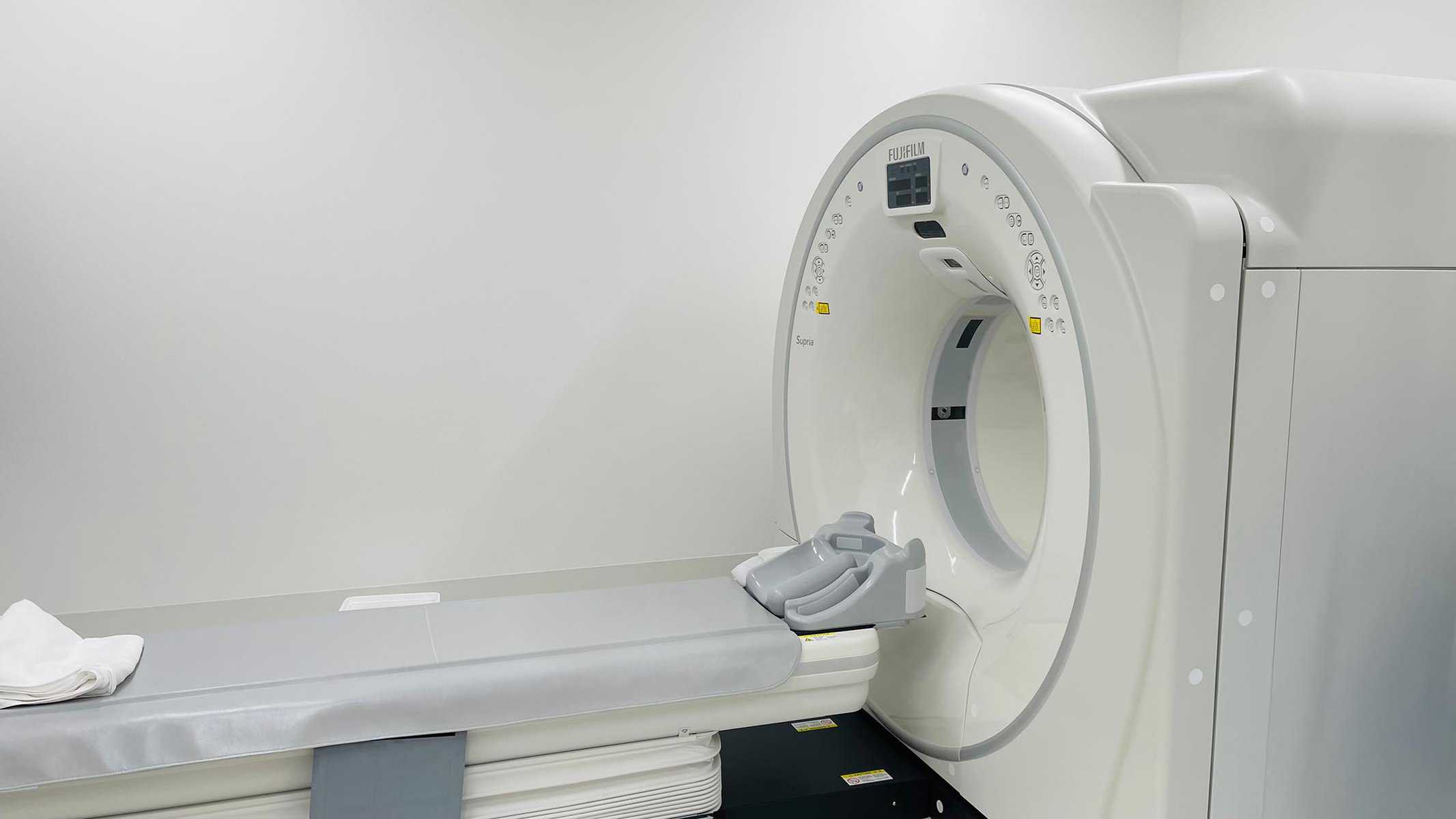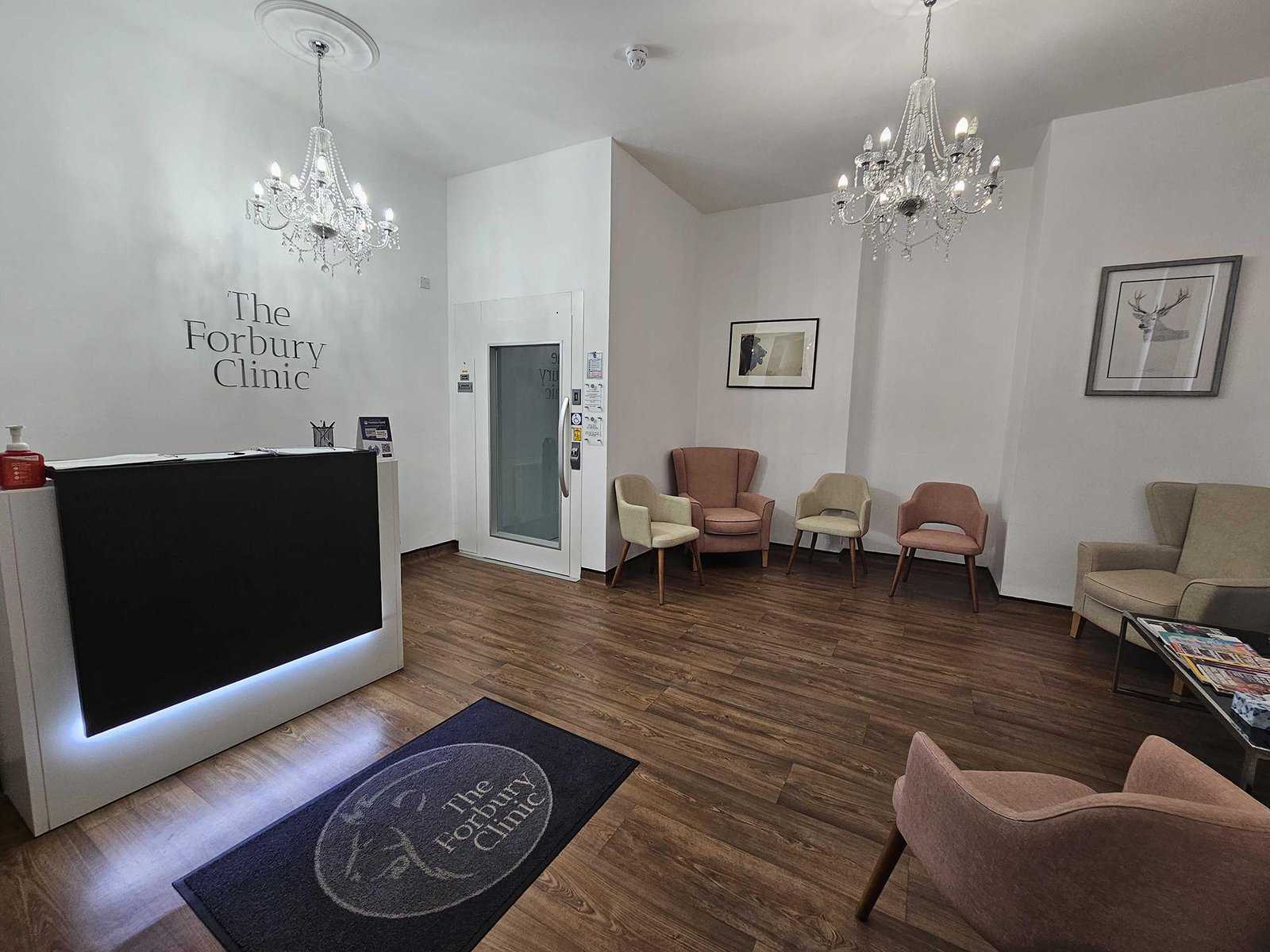Hoarseness Treatment
Struggling with hoarseness? Contact The Forbury Clinic for a consultation and personalised treatment plan to restore your voice and improve your quality of life.

Overview
Hoarseness, characterised by a rough or raspy voice, can be a symptom of various underlying conditions. It is essential to address hoarseness to identify any serious health issues and to restore normal voice function. At The Forbury Clinic, we provide specialised care to diagnose and treat hoarseness effectively, ensuring you receive the best possible outcomes.


What is Hoarseness?
Hoarseness is a condition where the voice becomes rough, raspy, or strained. It can be caused by various factors, ranging from mild irritation to more serious health issues.
Common symptoms and signs include:
- A raspy or strained voice
- Changes in voice pitch
- Throat dryness or soreness
- Frequent throat clearing
- Difficulty speaking
Causes and Risk Factors
Causes
Hoarseness can be caused by several factors, including:
Vocal Strain:
Overuse of the voice from yelling or prolonged speaking.
Infections:
Respiratory infections such as laryngitis.
Reflux:
Acid reflux irritating the vocal cords.
Allergies:
Allergic reactions causing throat irritation.
Smoking:
Smoking or exposure to secondhand smoke.
Risk Factors
Risk factors contributing to the development of hoarseness:
Overusing or misusing the voice
Smoking or exposure to irritants
Chronic respiratory conditions
Gastroesophageal reflux disease (GERD)
Allergies
Diagnosis
How is hoarseness diagnosed? Diagnosing hoarseness involves a thorough evaluation by a healthcare professional, including:
- Medical History: Reviewing symptoms, lifestyle factors, and medical history.
- Physical Examination: Examining the throat and vocal cords.
- Laryngoscopy: Using a scope to view the vocal cords and larynx.
- Imaging Tests: CT scans or MRI if a more serious condition is suspected.
- Voice Assessment: Evaluating voice quality and function.

Treatment Options
At The Forbury Clinic, we offer a range of treatments to manage and treat hoarseness effectively:
- Non-Surgical Options
- Surgical Options
- Innovative Treatments
Voice Rest:
Reducing or eliminating voice use to allow healing.
Hydration:
Drinking plenty of fluids to keep the throat moist.
Medications:
Treating underlying conditions like GERD or infections.
Voice Therapy:
Working with a speech therapist to improve voice use and technique.
Lifestyle Changes:
Avoiding smoking, reducing alcohol intake, and managing allergies.
Microlaryngoscopy:
Removing vocal cord nodules or polyps.
Injection Laryngoplasty:
Injecting substances into the vocal cords to improve voice quality.
Laser Surgery:
Using laser technology to treat vocal cord lesions with precision and minimal downtime.
Managing Hoarseness
Managing hoarseness involves both medical treatments and lifestyle adjustments:
Voice Care:
Avoiding vocal strain and practising good voice hygiene.
Hydration:
Staying well-hydrated to keep the vocal cords moist.
Environmental Changes:
Using humidifiers and avoiding irritants like smoke.
Regular Monitoring:
Following up with healthcare providers to monitor symptoms and adjust treatments as needed.
Complications and Prognosis
Possible complications if hoarseness is untreated include:
- Chronic voice issues
- Permanent vocal cord damage
- Underlying serious conditions like vocal cord cancer
General prognosis for someone with hoarseness:
With appropriate treatment and lifestyle modifications, most patients experience significant improvement in voice quality and overall well-being.


Why Choose The Forbury Clinic?
Choosing The Forbury Clinic for treating hoarseness offers several advantages:
- Expert Staff: Our team consists of experienced specialists in managing hoarseness and related conditions.
- Cutting-Edge Technology: We use the latest diagnostic and therapeutic tools to ensure accurate diagnosis and effective treatment.
- Patient-Centred Care: We provide personalised care tailored to your unique needs, ensuring the best possible outcomes.
